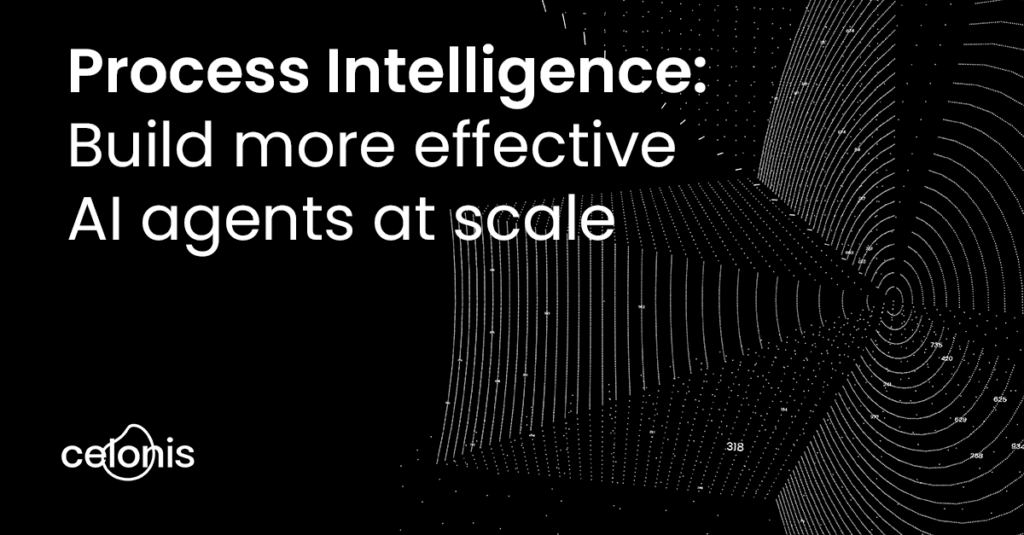Artificial Intelligence (AI) agents are changing the landscape of business operations, particularly for small and medium-sized businesses (SMBs) striving to enhance efficiency, decision-making, and productivity. These software entities can autonomously interact with their environment, collect pertinent data, and perform self-determined tasks aimed at satisfying specific objectives. The integration of AI agents into daily workflows can serve as a catalyst in streamlining processes that are often bogged down by human limitations and inefficiencies.
One of the most compelling attributes of AI agents is their ability to automate complex workflows while requiring minimal technical know-how. As highlighted by McKinsey Senior Partner Lari Hämäläinen, these agents can orchestrate tasks across various functions, apply logical reasoning, and evaluate data to facilitate automated processes. For SMBs, this means that employees can spend less time on repetitive tasks and more on strategic initiatives that directly drive business growth. Simplifying operations allows companies to allocate their limited resources more effectively, benefiting both employees and customers alike.
An AI agent generally has three critical components. Firstly, it can take direction, often in natural language, which makes it accessible for business leaders who may not have programming skills. This is a significant advantage, allowing managers and team members to articulate their needs without the technical jargon typically associated with software development. Secondly, AI agents come equipped with multiple tools for data retrieval and action execution, enhancing their adaptability to various business contexts. Lastly, they apply autonomous reasoning to determine the best course of action, positioning themselves as essential decision-making aides within organizations.
For instance, a collaboration between Celonis and a global manufacturing firm showcased the tangible benefits of AI agents in a real-world scenario. The AI agent developed for the organization significantly decreased the time it took to review and release credit blocks, a crucial element of the Order Management process. By leveraging existing data from business systems, the agent analyzed blocked orders, made intelligent recommendations, and provided rationale behind its suggestions. This centralization of information allowed decision-makers to approve actions swiftly or offer feedback for continuous improvement, thereby enhancing workflow efficiency and reducing bottlenecks.
To realize the full potential of AI-driven workflows, SMBs should adopt a few strategic approaches. Firstly, they should assess their existing processes to identify areas that could benefit from automation. This could involve routine administrative tasks, inventory management, or customer service inquiries, where repetitive actions consume valuable time. Integrating an AI agent can eliminate manual oversight in these areas, hence streamlining workflows and allowing employees to focus on higher-value tasks that require creative or critical thinking.
Furthermore, businesses should consider investing in training their teams on how to interact effectively with AI tools. Understanding the capabilities and limitations of their AI agents can empower employees to utilize these resources more effectively. Training can involve scenarios where employees practice issuing natural language commands or interpreting AI-driven analytics, enhancing their engagement with technology and boosting workplace adaptability.
From a Return on Investment (ROI) perspective, enhanced efficiency through AI agents often leads to reduced operational costs and increased revenue. According to recent studies, businesses that implement AI in their workflows report substantial time savings and higher levels of customer satisfaction. For SMBs, these advantages can translate into a competitive edge in their respective markets. The quicker decisions made possible by AI agents can lead to faster execution of strategies that capitalize on market opportunities, ultimately benefiting profitability.
In conclusion, integrating AI-driven workflows and automation strategies within SMB operations can dramatically enhance efficiency, decision-making, and productivity. By adopting AI agents, these businesses can automate mundane tasks, facilitate informed decision-making, and allow employees to focus on more strategic initiatives. To capitalize on these benefits, it is essential for leaders to not only implement appropriate technology but also to cultivate a workforce capable of harnessing these advancements for greater operational effectiveness.
FlowMind AI Insight: As AI technology continues to evolve, SMBs that proactively embrace these tools will find themselves not just surviving but thriving in a competitive landscape. Leveraging AI agents is no longer a futuristic concept; it is a present-day strategy that can redefine efficiency and bolster business success.
Original article: Read here
2025-05-08 05:31:00

